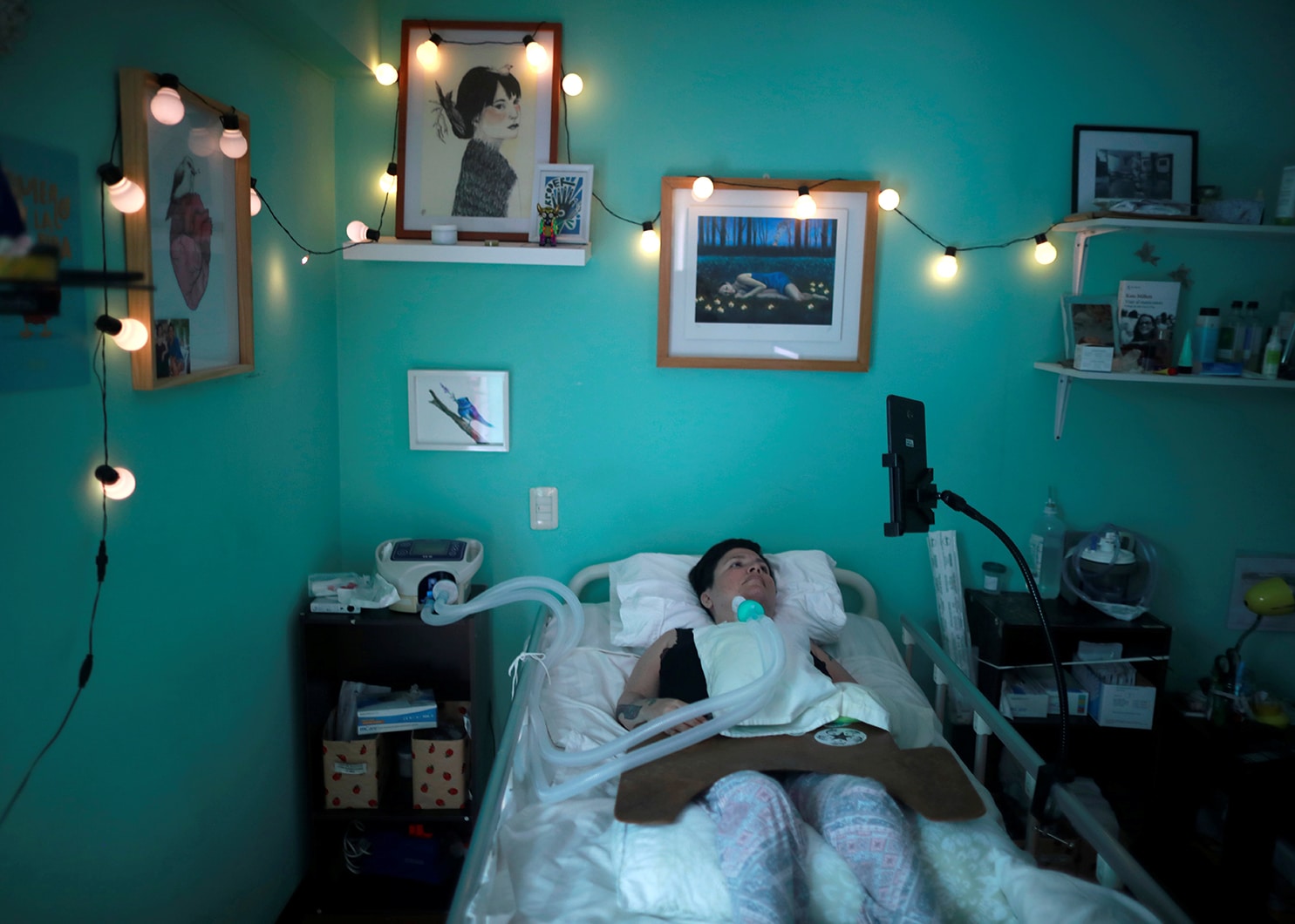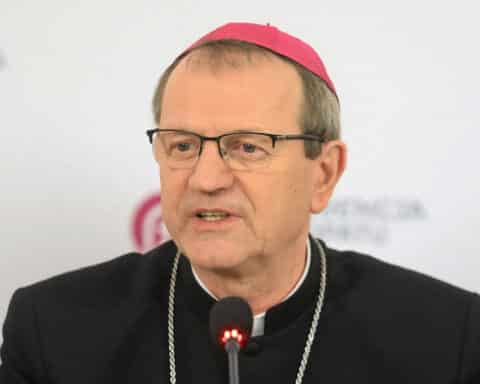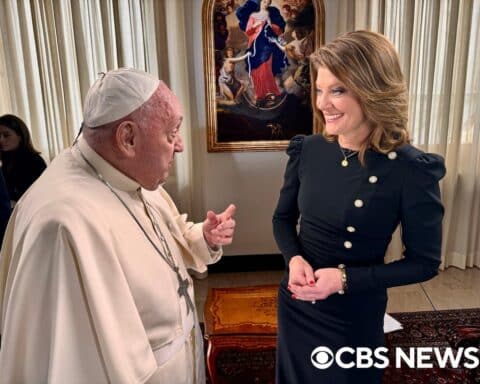SÃO PAULO (OSV News) — Catholic groups in Peru have been planning their reaction to two cases involving judicial authorizations for euthanasia in the South American nation. They argue the country’s law doesn’t allow such procedures and hope to halt what they see as a surreptitious process to advance a pro-death agenda.
On April 21, a woman who in 2021 obtained from the judiciary system the right to euthanasia underwent a medical procedure and died at home. Ana Estrada is the first person to die by euthanasia in Peru’s history.
Peruvian Catholic groups oppose euthanasia cases
In February, another woman was granted by a court an authorization for disconnecting mechanical ventilation. Maria Teresa Benito is waiting for a doctor who can carry out the procedure.
According to lawyer Alberto González, an expert in medical law and bioethics, the Peruvian legislation is very protective of life from conception to natural death. The problem, in his opinion, is that the state has been pervaded by pro-euthanasia activists, whose determinations don’t apply to Peru’s norms.
“People with such an ideology comply with the international pressure exerted by great foundations which have been advancing such an agenda,” González, who heads the Catholic-run Thomas More Legal Studies Center in Peru, told OSV News.
Applications of the conventionality control doctrine
González also said that both decisions allowing euthanasia have been made under the doctrine of conventionality control, the idea that international conventions and pacts ratified by a country are above its national legislation.
“Some judges have been applying to Peru international laws that have nothing to do with the Peruvian legislation,” he added.
In the case of the Andean country — a signatory of the “Pact of San José, Costa Rica,” which established the American Convention of Human Rights in 1978 — principles that are contrary to Peru’s constitution have been adopted in a number of cases, González said.
“Our national legislation is clear in defending life. But the San José Pact has a relativistic ideology. Peru should denounce it and leave it,” he argued.
González talked to OSV News amid heated debate in Peru on two women allowed euthanasia — one of whom already died, Ana Estrada, and one who is awaiting the procedure to be performed.
The case of Ana Estrada
Estrada was a 47-year-old psychologist who had suffered — since childhood — from polymyositis, a chronic inflammation of the muscles which paralyzed her and required her to live with a tracheostomy and a gastrostomy (through which she received food).
In 2021, she was allowed by a court in Lima to undergo euthanasia, a procedure to be performed by a doctor of the public system. In the following year, the Supreme Court confirmed that decision. A protocol was developed by the public health care system. On April 21, the procedure was finally performed.
Case of Maria Teresa Benito
In the case of Benito, the active participation of a doctor in the act of killing her is not needed. But somebody has to unplug the mechanical ventilator that has been keeping her alive.
Benito suffers from Lou Gehrig’s disease, or amyotrophic lateral sclerosis, and also depends on a tracheostomy and a gastrostomy to breathe and eat.
Despite the authorization she obtained for euthanasia, the doctors at the hospital in which she’s receiving treatment have systematically refused to disconnect her ventilator. According to press stories, at least 12 physicians have already declared conscientious objection. The judiciary determined that the public health care system has to present a doctor to unplug the ventilator by May 7.
“The majority of the physicians in Peru are Catholic. But even atheists have been refusing to perform euthanasia because they don’t want to get involved in judicial controversies,” González said.
He said that any institution or individual can denounce the doctor who accepts to carry out the procedure, and that the Thomas More Center is preparing to do so, along with other Catholic organizations.
Father Augusto Meloni, who also is a doctor, told OSV News that the media had disseminated several news stories about Estrada’s case, many of them with an emotional impact, and “inattentive spectators many times are confused by such contents.”
“We must continue presenting our testimonies and making people aware that life is a non-negotiable gift,” he affirmed.
Catholic teaching and alternatives to euthanasia
Father Meloni emphasized that people who submit to such an ideology argue that the suffering and pain that many patients face are “indignant, so it’s better to die with dignity.”
“For these people, pain is absolutely repulsive. But that idea leads to the repudiation of Christ’s cross,” Father Meloni reasoned.
He said that hospice care has been more and more developed and that it should be presented as an alternative for euthanasia, given that it minimizes suffering and pain.
Father Meloni affirmed that all formal instances should be sought in the struggle against euthanasia in Peru, “but hope doesn’t come from any juridical decision.”
“Our hope comes from God,” he concluded.





